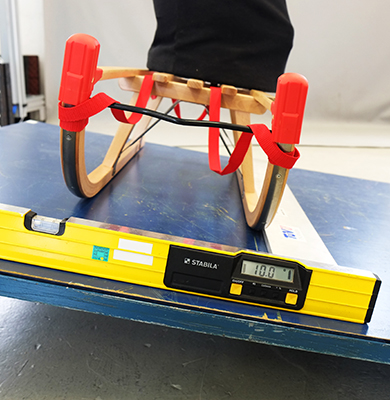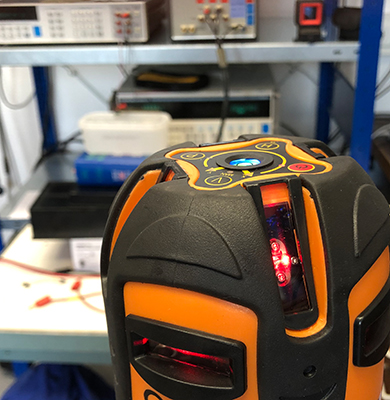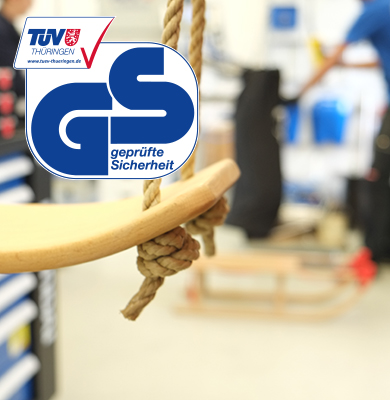
News about Brexit:
Use of the CE marking extended indefinitely
08-08-2023
The UK will indefinitely retain the EU product safety mark (CE marking for goods under several product sectors, including Pressure Eequipment). The British government is thus turning away from the recently proposed post-Brexit changes.
The Department for Business and Trade of Great Britain has today announced an indefinite extension to the use of CE marking for products (beyond the 2024 deadline).
Contact
Department of Industrial Service
Manager of Specialty Department:
Harald Prokopp
+49 3641 3997-29
+49 3641 3997-60



